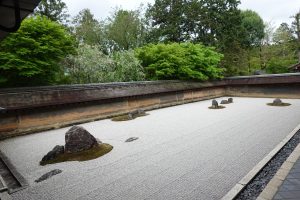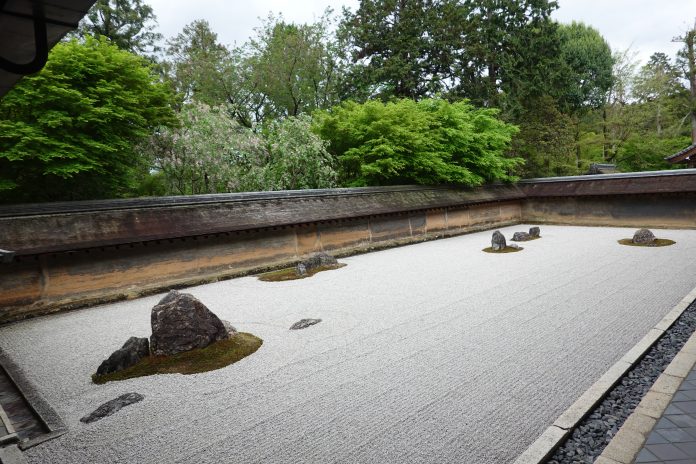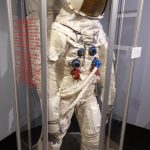Civilization is complex, and philosophers often use archetypes like general laws in order to simplify complex realities. I am not a philosopher, but I have been using archetypes to simplify the complex reality of civilization. It is necessary to understand that these archetypes are methods of interpretation. I said in the first essay, so I shall say in the last essay: one may choose to believe the methods of interpretation I have constructed or not. They may well be rubbish, or they may (by the grace of God) be somewhat useful for understanding certain concepts associated with civilization. In the preceding essay, I quoted liberally from an ancient text called The Four Archetypes and I will do this again. I merely mention that the final archetype established within this text is The Politician. Paradoxically, now especially, the archetype of the politician is also considered the “preserver” of civilization, or as the text refers to the politician, “the preserver of hierarchies.”
“There is an orphan boy named Mentha whom I found under a tree three years ago. He has lived with me and I have taught him intelligence and love and made him beautiful in his body and soul. Yesterday he walked with me for the evening and we conversed in the like manner: Mentha asked me, “What is the job of a philosopher?” “To form humanity”. “Who preserves humanity after philosophers have formed it?” “All of humanity does.” “Then humanity must last an insignificant amount of time.” “Why must humanity last an insignificant period of time,” I inquired? “Because most of humanity, that is, most people, do not have time to preserve their humanity. They must spend their time preserving their animality first. They must eat and drink and sleep and work. And they must have children. That is what they occupy themselves with preserving.” Mentha said this while plucking blades of grass from the ground and waving them in front of his face. “You think like a philosopher, Mentha. Tell me, whom do you think must preserve humanity?” “People must appoint certain members of their community to occupy themselves only with preserving humanity. These people are appointed to preserve humanity as the philosophers formed it. They must not occupy themselves with other things, for their task is all-consuming.” I smiled that he thought in such a way. “Tell me, Mentha, what does preserving humanity signify to you? You say that humanity must be preserved, but what is humanity?” “I did not form humanity”, he said to me, stopping his walk. “But I consider humanity the fusion of reason and emotion. I call reason and emotion empathy, and empathy is a state by which a person understands not only his own reality as-it-is, but also the realities of other people as-they-are.” I smiled again and touched his shoulder. “Perhaps you are not a philosopher but a poet. Empathy must be preserved by the individual who possesses it if it is like what you say it is. Humanity is not so abstract, Mentha. What is it therefore?” But he only looked at me for a very long time. Finally, he said, “It is what allows people to live good lives”. “On this I agree, Mentha; humanity is that which allows people to lead good lives.” “Therefore,” said Mentha, “in order to preserve humanity, that which allows people to lead good lives must be preserved.” “Ah yes. And what allows people to lead good lives?” Mentha again was quiet. He walked for some paces in front of me, and then he turned about to face me, though he did not speak even then. After an even longer pause, he spoke: “Thought. Art. The ability to work for comfort. These are the things which allow people to lead good lives. Freedom to think in peace and create art in peace; this also allows people to lead good lives.” I walked towards him and we moved on along a path lined by water-streams. “Do you know then, what exactly these preservers of humanity must do?” Mentha answered, “They must leave people alone, but they must also ensure that people are able to think in peace and create art in peace and work for their own comfort.” As I listened to him speak and we wandered past the water-streams, a thought occurred in my mind. “Mentha”, said I, “ I saw two boys playing many days ago. They were playing with a wooden ball, but one was older than the other. Consequently, he was stronger and faster. One boy would throw the wooden ball and the other would have to avoid being struck. The boy who was older, being faster and stronger, at one point threw the ball and hit the smaller boy upon the head and hurt him to the point of bleeding. Now, imagine that these two boys were two men who were in competition for a prized object, or some material comfort for their respective families. Would you consider it the responsibility of the preservers of humanity, to ensure that such a contest were fair between different members of the community?” “No,” said Mentha. “The younger boy should not have been playing with the older boy; he should have awaited the time when he too was as strong and agile as the older boy. Then would the contest be fair even without the intervention of another. Neither should two citizens of unequal talents compete for the same prize, or material comfort. But if one should so choose to compete with another to whose talents he possesses an inferior amount, he should not complain if he falls in defeat. He should have waited for a time when he was equal in strength and talent to his adversary.” “Are these your own ideas, Mentha?” We were now passing the highest hill of the landscape. “All of these are my own,” he said. And we walked on.
Photo of a rock garden in Kyoto, Japan. By Dr C Cunningham (2019)














